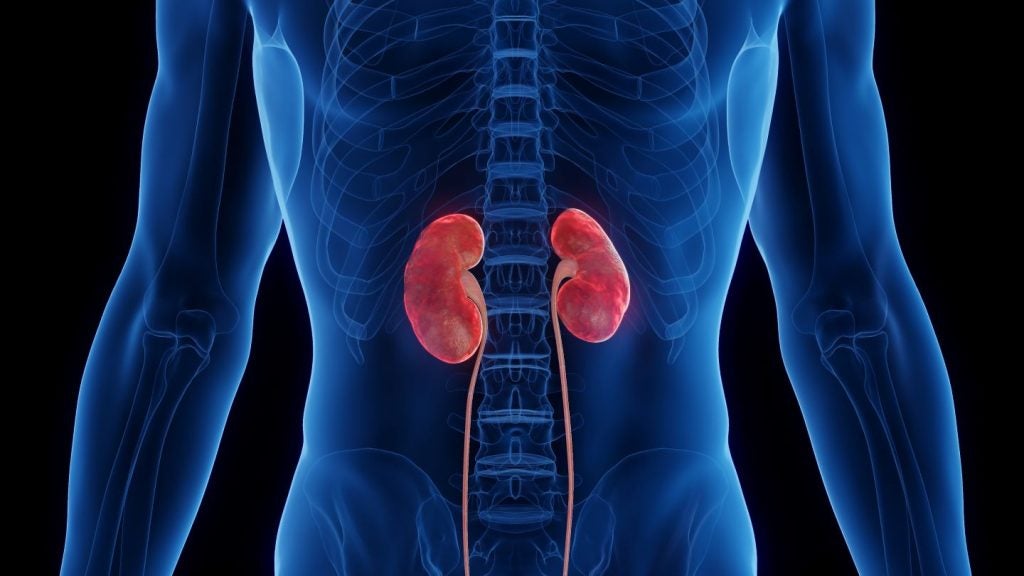
Results from a Phase III clinical trial to see if AstraZeneca’s (AZ’s) diabetes and heart failure drug Farxiga (dapagliflozin) could help treat high-risk patients hospitalised with Covid-19 have shown that the drug failed to make an impact.
The DARE-19 trial found that giving Farxiga to treat patients hospitalised with Covid-19 who are at risk of developing serious complications, “did not achieve statistical significance” for the primary endpoints of reducing organ dysfunction and all-cause mortality, nor did it boost recovery.
The DARE-19 trial is part of AZ’s efforts to develop new treatments and re-purpose existing ones to prevent and treat Covid-19.
Farxiga is AZ’s first-in-class sodium-glucose co-transporter-2 (SGLT2) inhibitor.
The DARE-19 trial began a year ago at Saint Luke’s Mid America Heart Institute in the US, and was the first to test a drug in the SGLT2 inhibitor class for its potential to treat patients hospitalised with Covid-19 who also have risk factors for developing serious complications.
How well do you really know your competitors?
Access the most comprehensive Company Profiles on the market, powered by GlobalData. Save hours of research. Gain competitive edge.

Thank you!
Your download email will arrive shortly
Not ready to buy yet? Download a free sample
We are confident about the unique quality of our Company Profiles. However, we want you to make the most beneficial decision for your business, so we offer a free sample that you can download by submitting the below form
By GlobalDataThese complications include hypertension, Type 2 diabetes (T2D), atherosclerotic cardiovascular disease, heart failure and chronic kidney disease.
AstraZeneca’s reasoning for testing the drug is that patients with heart, kidney or metabolic illnesses such as diabetes are at increased risk of developing deadly complications such as organ failure and are more likely to die, and earlier studies of Farxiga have shown that the drug can protect these organs.
In the international, randomised, double-blind, placebo-controlled Phase III trial, Farxiga was given over a 30-day period to 1,250 Covid-19 patients with illnesses including high blood pressure, T2D, heart failure and chronic kidney disease in addition to standard care.
It’s not all bad news for Farxiga’s trial in Covid-19 patients. While the drug failed to make any meaningful impact on patient outcomes, it disproved concerns from some expert groups that had previously advised that SGLT2 inhibitors be discontinued in all patients hospitalised with Covid-19 due to an increased risk for diabetic ketoacidosis.
“DARE-19 provided important data on the potential benefits and risks of using SGLT2 inhibitors to treat hospitalised patients with Covid-19,” said DARE-19’s lead investigator Mikhail Kosiborod.
“While the trial did not achieve statistical significance, the findings are very interesting and valuable, and will inform future clinical science. Also, of importance, we learned that dapagliflozin’s well-established safety profile was consistent in DARE-19.”
AZ executive vice president for biopharmaceuticals R&D Mene Pangalos said: “Prior to the DARE-19 Phase III trial, there was little data on the use of SGLT2 inhibitors in hospitalised patients with Covid-19 and we have now helped to fill this knowledge gap. We look forward to the efficacy and safety data being presented in the coming weeks.”
The last few months have been a rollercoaster for AstraZeneca, with its Covid-19 vaccine being put under the spotlight and its use restricted by European and British drug regulators after confirming a potential link to rare blood clots.







